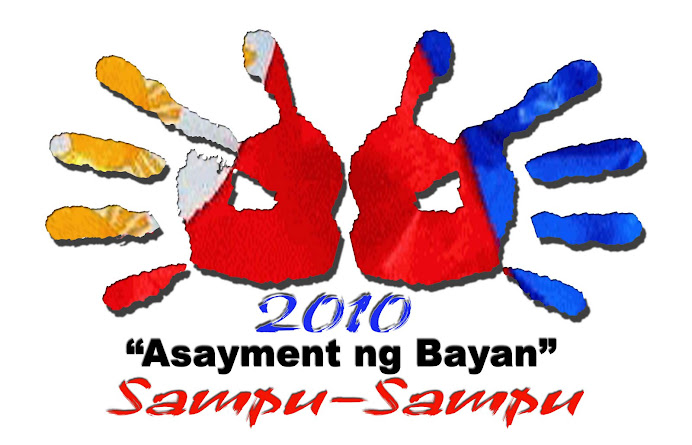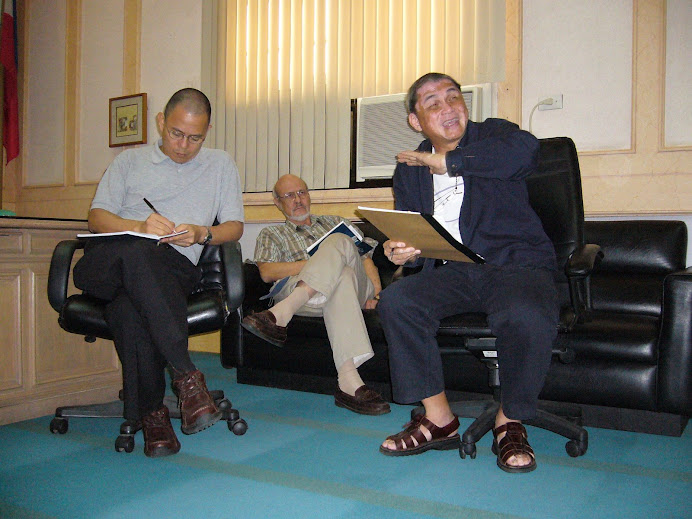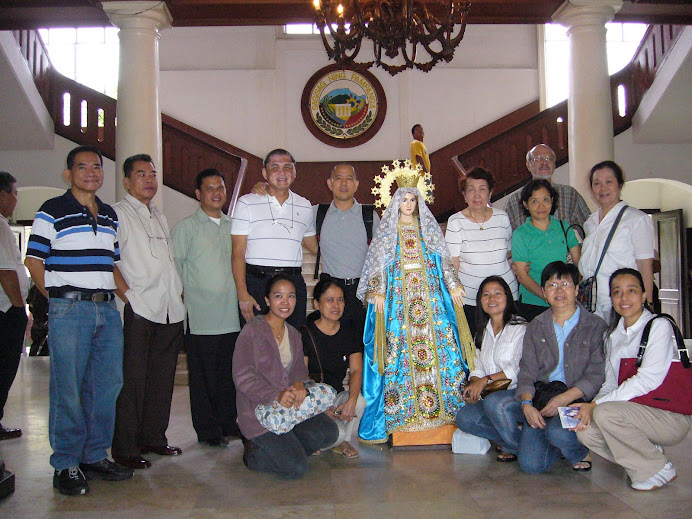The Rule of Pakapalan
Atty. Luke Espiritu
October 3, 2007
Barely a day after Benjamin Abalos’ resignation had been lauded as an example to be emulated by public officials --- and even described as an act of delicadeza --- when the disgraced former Comelec chair came out with threats of criminal prosecutions against Romulo Neri and Jose De Venecia III.
The lesson learned is clear. People should have held back with their praises of Abalos’ resignation because it is not at all a showcase of delicadeza, much less of contrition, or submission to the principle of accountability.
Despite categorical statements, under oath, that he had attempted to bribe Neri with P200 million and actively lobbied for the grossly disadvantageous ZTE contract, Abalos has summoned every appearance of a person “aggrieved” by lashing out at his accusers. In other words, bukong-buko na, nagpapalusot pa.
Indeed, Abalos’s conduct is far from being admirable. On the contrary, it only shows that the rule of pakapalan still reigns supreme in this Banana Republic.
Pakapalan connotes shamelessness and moral bankruptcy. It is a norm where might is right and right is wrong. It enables public officials mired in corruption to scoff insolently at truth seekers. It sustains a thoroughly messed up moral order where crooks and charlatans in government can still maintain a veneer of respectability that is quite inexplicable, nay, utterly mysterious.
Moreover, pakapalan enables these officials to flaunt their high crimes for everyone to see and yet play opossum, i.e. as innocent victims of detractors and destabilizers. In fact, they can even depict themselves as some sort of heroic figures who are complete opposites of what they truly are.
Pakapalan is when an alleged “President” says “I am sorry” and yet confesses to no wrongdoing. It is when a Commander-in-Chief of a military tagged as the culprit behind the forced disappearances of activists talks about protection of human rights at the United Nations. It is when a First Gentleman declares, without batting an eyelash, that the phrase “back off” is not even in his vocabulary. Abalos’ latest example is therefore not unique.
The problem with pakapalan is that it insults the intelligence. It practically treats the Filipino people as little cretins incapable of judging criminals in public office. While there are some who willingly permit their intelligence to be insulted, it is almost a sure bet that the majority are simply drooling for an opportunity to shove the faces of these makakapals into their fine as_ _s.
October 3, 2007
Barely a day after Benjamin Abalos’ resignation had been lauded as an example to be emulated by public officials --- and even described as an act of delicadeza --- when the disgraced former Comelec chair came out with threats of criminal prosecutions against Romulo Neri and Jose De Venecia III.
The lesson learned is clear. People should have held back with their praises of Abalos’ resignation because it is not at all a showcase of delicadeza, much less of contrition, or submission to the principle of accountability.
Despite categorical statements, under oath, that he had attempted to bribe Neri with P200 million and actively lobbied for the grossly disadvantageous ZTE contract, Abalos has summoned every appearance of a person “aggrieved” by lashing out at his accusers. In other words, bukong-buko na, nagpapalusot pa.
Indeed, Abalos’s conduct is far from being admirable. On the contrary, it only shows that the rule of pakapalan still reigns supreme in this Banana Republic.
Pakapalan connotes shamelessness and moral bankruptcy. It is a norm where might is right and right is wrong. It enables public officials mired in corruption to scoff insolently at truth seekers. It sustains a thoroughly messed up moral order where crooks and charlatans in government can still maintain a veneer of respectability that is quite inexplicable, nay, utterly mysterious.
Moreover, pakapalan enables these officials to flaunt their high crimes for everyone to see and yet play opossum, i.e. as innocent victims of detractors and destabilizers. In fact, they can even depict themselves as some sort of heroic figures who are complete opposites of what they truly are.
Pakapalan is when an alleged “President” says “I am sorry” and yet confesses to no wrongdoing. It is when a Commander-in-Chief of a military tagged as the culprit behind the forced disappearances of activists talks about protection of human rights at the United Nations. It is when a First Gentleman declares, without batting an eyelash, that the phrase “back off” is not even in his vocabulary. Abalos’ latest example is therefore not unique.
The problem with pakapalan is that it insults the intelligence. It practically treats the Filipino people as little cretins incapable of judging criminals in public office. While there are some who willingly permit their intelligence to be insulted, it is almost a sure bet that the majority are simply drooling for an opportunity to shove the faces of these makakapals into their fine as_ _s.

+tarp+Fr.+Robert+3++copy.jpg)
+tarp+Fr.+Robert+2+copy.jpg)




































No comments:
Post a Comment